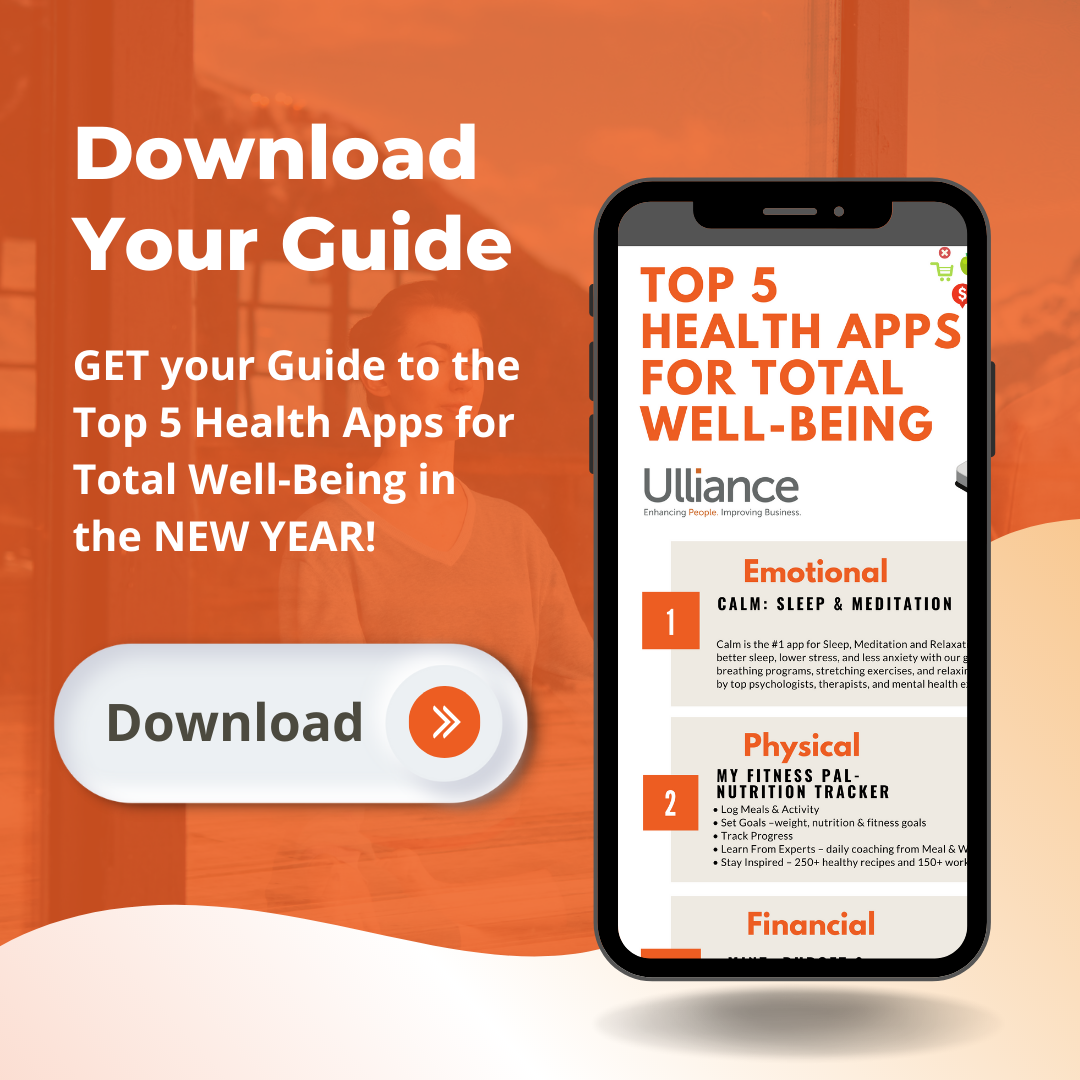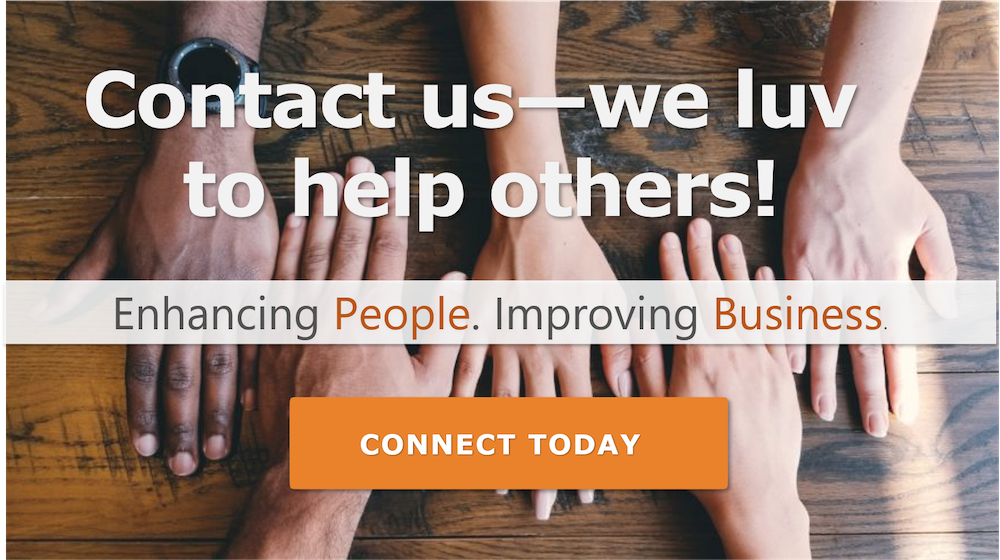A new year; a new start; a new you. You’ve committed to developing a fresh attitude towards tackling those bad habits, being more grateful, learning a new skill, decrease turnover, bring new technology into your office or maybe finding the sweet spot between working from home and creating a home for your family.
This year, like every year, millions of people will pledge to become better versions of themselves, and within the first three months, about 92% of those people have abandoned their goals leaving them frustrated and disappointed with themselves.
The best of intentions are replaced with a “what’s the use” attitude, and the year ends as it began, with a new day and the same old story.
Even the advice for following through on your goals is as tired as Nike’s “just do it” campaign. And although COVID has changed many things in the world, it has also taught us we are resilient, adaptable and that by refocusing on what is important to us, we can be our best selves and live our best lives.
92%👫
abandon their
new year goals within the
first three months of the year.
This year is your year to conquer the doubt and make solid progress. But don’t keep your eye on the goal. Instead, focus on starting the habit that will help you obtain the goal.
Failure Is Not An Option
The 1995, Apollo 13 movie is famous for the quote, “Failure is not an option.” People say it with intention to motivate them to push forward and overcome obstacles and hardships. It is the driving force behind their effort. But really, people who make that statement know failure is very much an option if they choose to quit trying. So they hunker down, take a deep breath, and put one foot in front of the other. With each step, they are that much closer to the end goal.
Then there are people who are “planners.” They plan to begin a new routine, clean house every Saturday, begin training to run a marathon, and they and work out every detail including marking the start date on the calendar with a big red star.
And every morning when you glance at the calendar, that star seems to be approaching at the speed of light. Suddenly, you remember that week is very busy, and would be a bad day to begin something new, so you pick a new date .The next red star creeps closer, and you move the date again. You still have good intentions, just bad timing.
"Failure is not an option."—Apollo 13 Movie
SMART Goals- Setting Up for Success
Goals are part of our everyday business and personal lives. They provide direction, focus and, most importantly, motivation. When you want something to happen in your life, you set goals, so you can focus on a plan of action. Then you make deliberate decisions that get you closer to that goal.
As you think about your goals and how to structure them, there are a few things to remember that will increase your chances of success.
Set up your goals using The SMART guideline. It will set a standard by which you can measure your progress and help you visualize your achievements.
SMART is an acronym for:
-
Specific – Specify what you plan to accomplish clearly and specifically
-
Measurable – How you will determine if you are making progress
-
Attainable – A goal that is actually something you can achieve
-
Realistic – Be honest about what goal you want to set and how you will reach it
-
Time-Bound – You must have a deadline
Seems simple enough, but you won’t know until you start which for most people is the hardest part of anything new.
The Procrastination Obstacle- Tomorrow isn't always better
Distractions in your everyday life can take you down a hundred different pathways, none of which are headed in the right direction. You know you are getting sidetracked, yet you can’t seem to help yourself. Tangents and distractions and ice-cream are all great reasons for delaying that “thing” you are supposed to be doing and you tell yourself, “I’ll do it in a minute.”
For centuries, people have suffered from akrasia, also known as procrastination. Akrasia is the state of acting against your better judgment. It is when you are doing one thing knowing you should be doing something else, and it prevents you from following through on what you set out to do.
Procrastination happens because the human brain is wired to value immediate rewards more highly than those that come in the future. When you make plans for yourself, like learning a language or losing weight, you can see the benefits for your future self and get inspired to work harder towards the goal, yet when the time arrives to begin the process, your brain realizes that watching a movie with your significant other is a much more immediate gratification than weighing 10 pounds less two months from now.
How to Start on starting- Achieving the Goals you set
When you set goals, you set them with the intention of being or doing more than you are today. You set them within a time frame for achievement, but you aren’t sure which day you’ll start just yet. You have to check in with your boyfriend, husband, roommate, sister, sister’s boyfriend’s sister and everyone else you know just in case they need you. Procrastination. It is a subtle art. But you can beat it.
There are 3 ways to overcome not getting started( procrastination) and get to where you’re going. First, design your future actions, then reduce the friction of starting, and third utilize implementation intentions.
1.) designing your future actions –
If there are certain activities that always cause you to delay plan for that. Create a commitment device. A commitment device is a plan you make in the present that controls your actions in the future.
For example, if you are determined to lose weight and you know you pass by a favorite food stop on the way home, leave your wallet at home every day or take an alternate route.
Make a plan for addressing certain behaviors beforehand rather than relying on willpower later.
2.) make starting easier –
When you procrastinate, you feel guilt and frustration, which is usually worse than the pain of doing the work. It is not the work itself that is hard, it is the starting of the hard work.
Once started the road is less bumpy and you can build on getting started and worry about success later.
HOW ABOUT TRY CONTACTING YOUR ORGANIZATION'S EAP?
DON'T HAVE AN EAP? WE CAN HELP WITH THAT!
3.) use implementation inententions –
This means that you state your intention to do a certain behavior at a particular place and time.
Example: “I will exercise for at least 30 min on Monday, Wednesday and Friday at 10 am.
People who write down their goals and pick a start date are much more likely to achieve those goals. Psychologists have known for a long time that our brains prefer instant gratification and that given this tendency, we often are frustrated by what we can’t have. By designing your actions and making them deliberate, you are regaining control of your life. When you control your life your goals are almost always within reach.
Hundreds of organizations support their employees through The Ulliance Life Advisor Employee Assistance Program (EAP). Investing in the right EAP to support your employees before, during and after they face adverse events will help them and help you. Visit www.ulliance.com, or call 866-648-8326.
When you partner with Ulliance, our Life Advisor Consultants are always just a phone call away to teach ways to enhance your work/life balance and increase your happiness. The Ulliance Life Advisor Employee Assistance Program can help employees and employers come closer to a state of total well-being.
Investing in the right EAP or Wellness Program to support your employees will help them and help you. Visit www.ulliance.com, or call 866-648-8326.
The Ulliance Employee Assistance Program can address the
following issues:
• Stress about work or job performance
• Crisis in the workplace
• Conflict resolution at work or in one’s personal life
• Marital or relationship problems
• Child or elder care concerns
• Financial worries
• Mental health problems
• Alcohol/substance abuse
• Grief
• Interpersonal conflicts
• AND MORE!
References
Kapoor, M. (2021, December 06). 30 Personal Goals to Set Yourself for The New Year 2022. Retrieved from Mukund Kapoor: https://www.mukundkapoor.com/2021/12/personal-goals-new-year.html
SMART Goals Specific, Measurable, Attainable, Realistic, Timely. (n.d.). Retrieved from CFI - Corporate Finance Institution: https://corporatefinanceinstitute.com/resources/knowledge/other/smart-goal/
Why You Already Forgot About Your New Year’s Resolution and How to Actually Achieve Your Goals. (n.d.). Retrieved from Money Mini Blog: https://moneyminiblog.com/productivity/how-to-actually-achieve-your-goals/
Wilson, D. M. (2018, December). Why You Aren’t Following Through On Your Plans And Goals. Retrieved from Psychowith6: https://psychowith6.com/why-you-arent-following-through-plans-goals/



